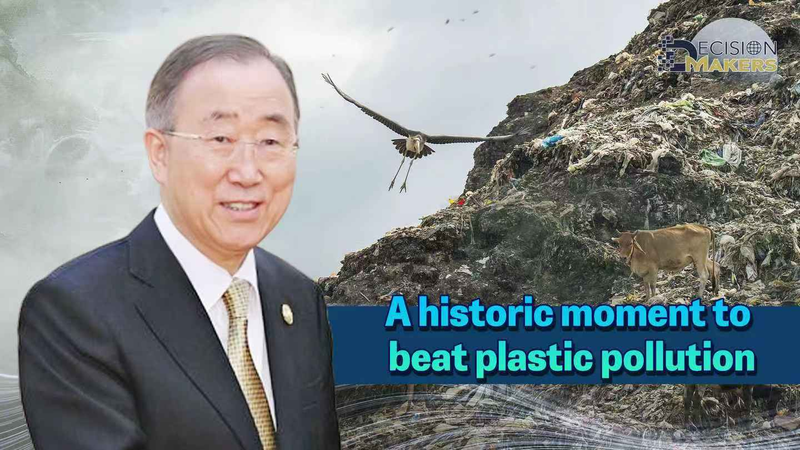In just over two months, world leaders and negotiators will head to Geneva for a landmark treaty aimed at slashing plastic pollution from rivers to oceans. This global pact, driven by overwhelming public support—9 out of 10 people worldwide want action—aims to hold governments and industries accountable for the plastic choking our planet.
As former UN Secretary-General Ban Ki-moon points out, crafting a legally binding treaty is no small feat. Delegations will debate economics, science, technology and cultural contexts, testing their ability to reach a true global consensus. Yet decision-makers won’t be alone in shaping the outcome: citizens, businesses and civil society can amplify their voices now, ahead of the talks.
This year’s World Environment Day (June 5) sparked a global call for unity to tackle plastic pollution as an all-of-society challenge. Youth activists, NGOs and startups used data-driven campaigns to highlight how plastic waste will nearly triple by 2060—from 460 million to 1.231 billion tonnes annually—if urgent action is delayed.
Microplastics are already everywhere: swirling in the Arctic, lurking in tropical waters, even traveling through our own bodies. Studies show they appear in breast milk, drinking water and the air we breathe, raising red flags about long-term health impacts.
Ban Ki-moon reflects on a time when the world’s valleys and mountains were free of junked plastic—a luxury today’s generation might never know. Yet he remains optimistic: “We already know how to fix this,” he says. Success depends on elevated cooperation—across nations, industries and communities.
From shifting to reusable materials and supporting circular economy models, to setting strict production limits and improving recycling tech, solutions are within reach. What remains is the political will and public pressure to seal a treaty that can turn the tide on plastic pollution.
The countdown to Geneva has begun. This treaty could define the legacy we leave for future generations—our chance to ensure the world’s rivers, coasts and oceans stay alive with wildlife, not plastic waste.
Reference(s):
cgtn.com




